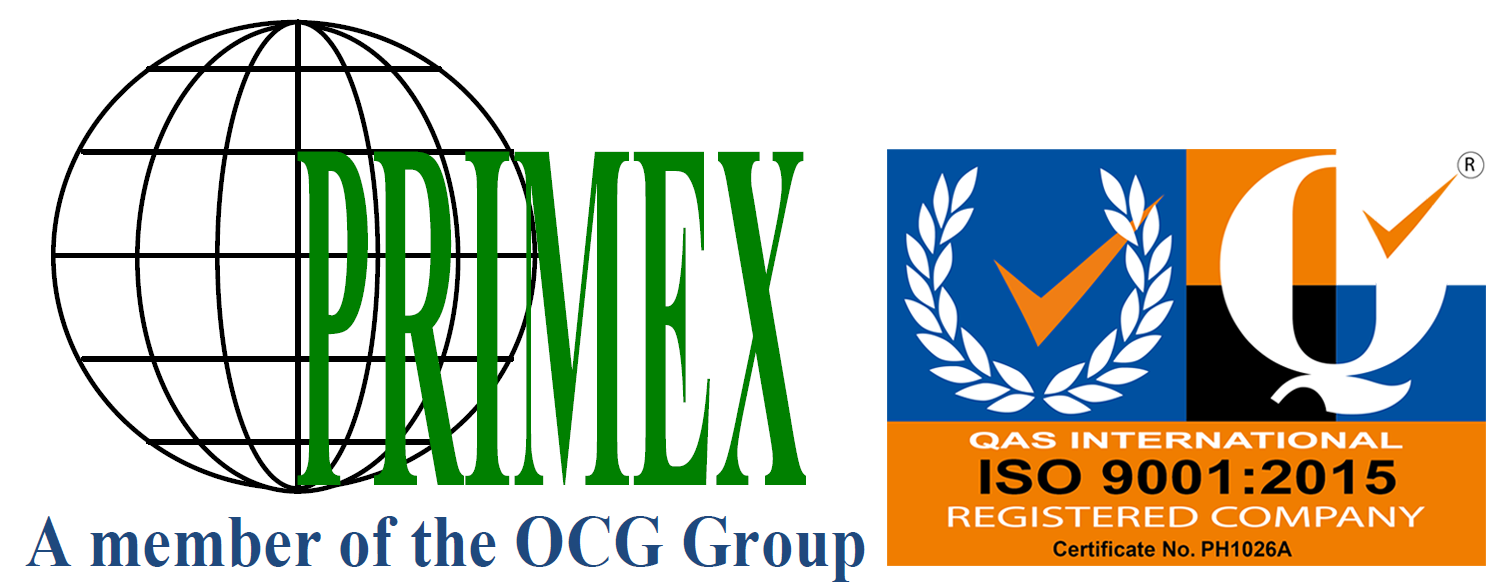Name of Client:
Asian Development Bank (ADB)
Country:
Tajikistan
Length of Consultancy Assignment:
Start Date: 17 April 2019
Completion Date: 31 December 2020
Detailed Narrative Description of Project:
The main objective of the TRTA was to help design a sector development program suitable for ADB financing, taking into consideration the needs of the country and ADB’s Country Partnership Strategy (CPS), 2016-2020 with Tajikistan. The ensuing project is aligned with the following impact: productive employment expanded in line with the National Development Strategy (NDS) 2030. It will have the following outcome: skills and employability of youth (ages 15 to 29), women, and labor migrants for both the domestic and overseas labor market improved. The project will have three outputs, namely: (i) Output 1: More inclusive and targeted migration support provided; (ii) Output 2: Access to, and relevance of, public employment services enhanced; and (iii) Output 3: Planning and management of migration and employment services strengthened.
PRIMEX led the implementation of the TRTA, which involved a series of logically sequenced and interconnected activities, starting with a sector review, followed by the feasibility study of the proposed project and preparation of conceptual engineering designs and draft bid documents for the new model job centers, drafting and subsequent finalization of grant processing documents up to grant negotiations, and assistance to the Ministry of Labour, Migration, and Employment (MOLME) Program Administration Group (PAG) during the start-up phase of the project. The PRIMEX Team implemented the TRTA in three phases, namely: (i) Phase I: Situation analysis, issues identification, and DMF preparation; (ii) Phase II: Project formulation, feasibility analysis, safeguards preparation, and draft RRP preparation; and (iii) Phase III, Assistance in grant processing and project start-up.
In Phase I, the Team carried out the following major activities: (i) rapid review and assessment of the performance of the skills sector, including review of the policy and institutional framework, sector strategies and plans and programs including those supported by ADB and other development partners (DPs); (ii) conduct of stakeholder analysis to identify key national and subnational stakeholders from among a broad section of government and society; (iii) conduct of initial poverty and social analysis (IPSA) of the target beneficiaries, including women and vulnerable groups like indigenous peoples (IP), if any; (iv) identification of key issues that need to be addressed in the design of the proposed program; (v) identification of the required policy reforms, investment areas, and options for institutional development; (vi) formulation of the project DMF; and (vi) preparation of inception and midterm reports and conduct of inception and midterm workshops.
In Phase II, the TRTA Team: (i) prepared the design of the proposed project and subjected it to feasibility-level analysis (technical, financial, and economic) and due diligence (social and environmental); (ii) conducted governance assessments (financial management and procurement capacity and risk assessment) of the proposed executing and implementing agencies (EA/IA); (iii) prepared the necessary environmental and social safeguards (IP and involuntary resettlement [IR]) and gender action plan (GAP); (iv) drafted the Report and Recommendations of the President (RRP) and linked documents (LDs), Project Administration Manual (PAM), and supplementary documents; and (vi) prepared the TA draft final report (DFR), conducted a final workshop, and prepared the TA final report (FR).
In Phase III, PRIMEX provided intermittent TRTA consultant support to ADB in the final stages of grant processing until grant negotiations and to MOLME-PAG during the start-up phase of the ensuing project, mainly involving advance procurement action.
PRIMEX fielded eight international specialists, namely: Skills and Employment Specialist/Team Leader, Labor Economist, Project Economist, Financial Specialist, Social Sector Architect, Procurement and Project Start-up Specialist, Gender and Social Specialist, and Environment Specialist.
